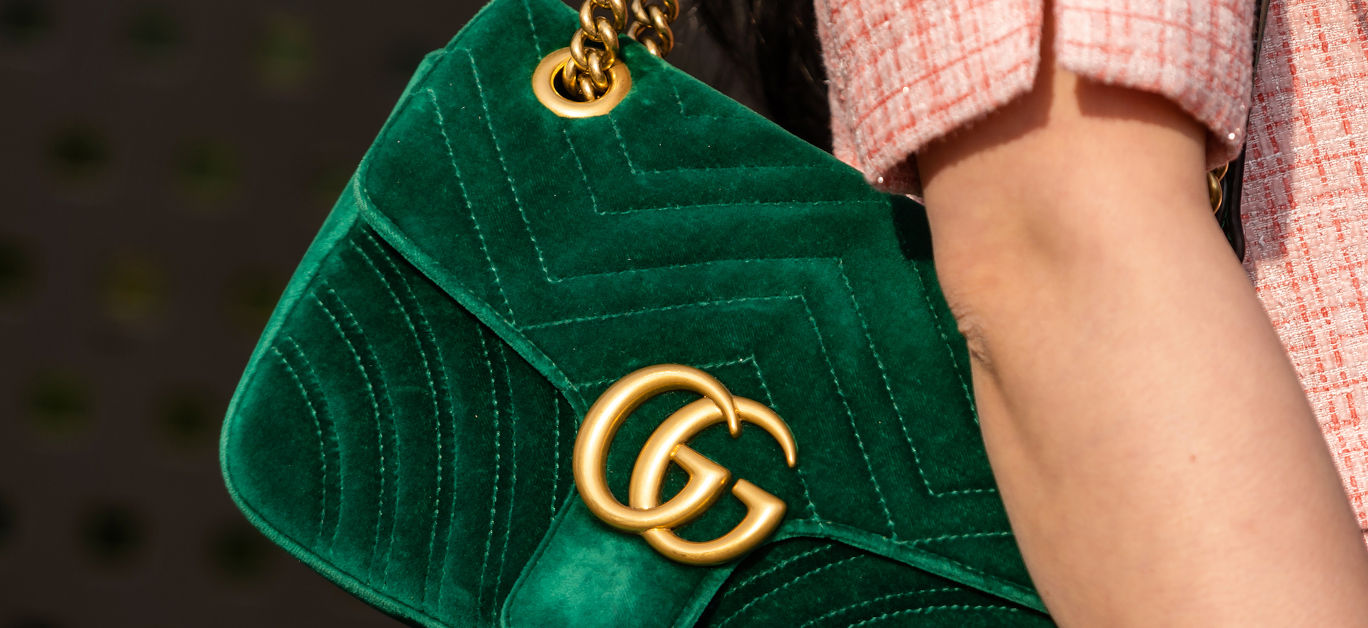Over recent years, sustainability has become a core value for the discerning consumer, and as a result, high-end brands across all luxury industries have had to adapt quickly to remain in favour.
Keeping up with evolving customer demands is essential for brands that want to stay relevant and continue to resonate with their target markets, and in an era marked by growing environmental concerns, it’s now a case of do or die.
While the luxury industry has long been associated with opulence and excess, a shift towards ethical practices and eco-conscious initiatives is reshaping the landscape – and from automotive manufacturers to high-end fashion houses, every industry within the luxury sphere has undergone a dramatic change in the wake of these changing attitudes.
These four luxury brands are leading the charge in environmental conservation, and serving as shining examples of the fact that sustainability and luxury don’t have to be mutually exclusive. In fact, in 2024, they can coexist harmoniously, so for those keen to continue enjoying the lavish goods and services they love whilst making more conscious choices, then these are some great places to start.
Tesla
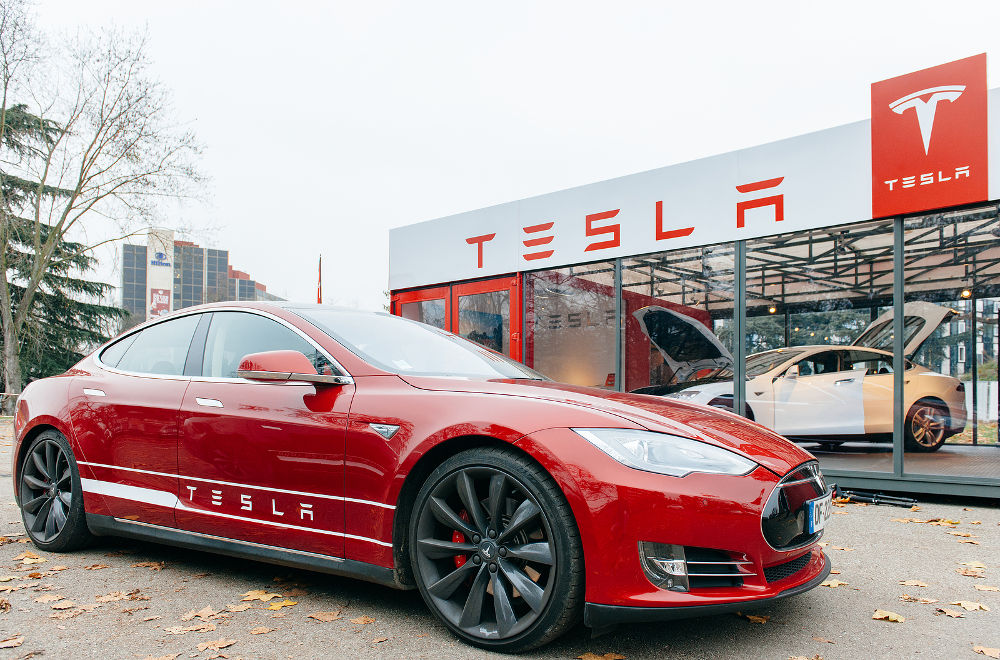
Founded by multi-billionaire Elon Musk, electric vehicle (EV) manufacturer Tesla was one of the first major luxury brands to embrace sustainability, and has paved the way for a new generation of electric vehicles from other makers as the world strives to meet ambitious targets in relation to the reduction of carbon emissions. Tesla’s high-performance electric cars have become symbolic of a commitment to combating climate change, emitting zero tailpipe emissions, but the company’s dedication to the cause goes far beyond the development of its vehicles alone, and as a result, Tesla stocks are in high demand amongst investors. It has also established a range of initiatives around solar energy solutions and energy storage systems, with Musk’s genuine passion for reducing the use of fossil fuels and helping the world transition towards sustainable energy alternatives evident in all that it does.
Tesla expertly exemplifies how luxury and environmental responsibility can intersect seamlessly – because in 2024, affluent consumers refuse to choose one or the other.
Stella McCartney
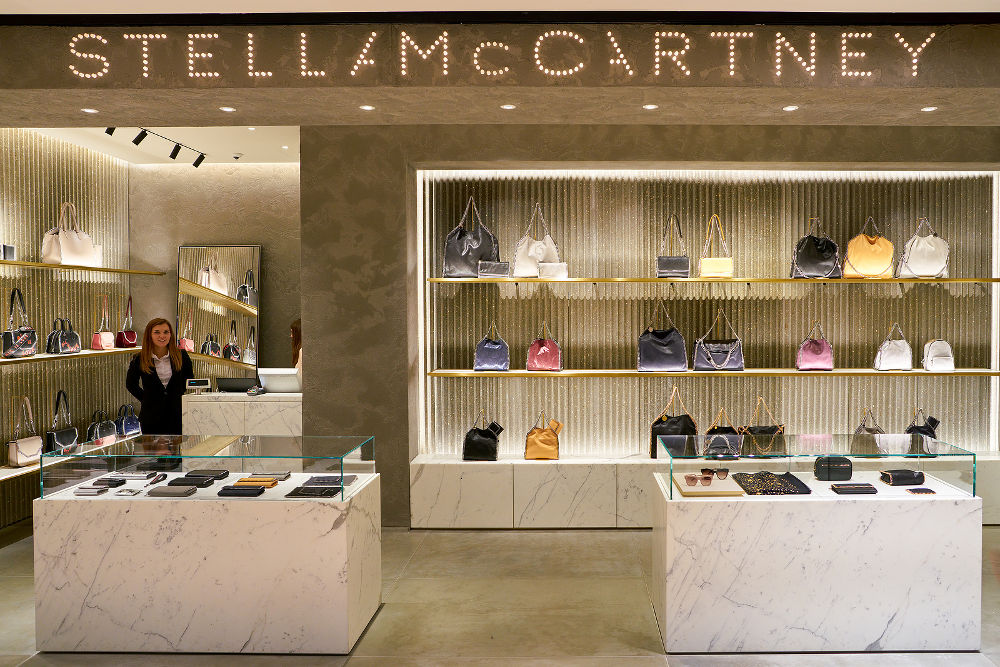
Ethical fashion icon Stella McCartney is another great example of the luxury world’s shift towards sustainability. Founded by the eponymous designer, the brand has become seen as something of a pioneer for ethical fashion, and as well as centering its practices around environmentally friendly materials and ethical production practices, it is vocal about being cruelty free. Eschewing traditional luxury favourites like leather and fur in favour of innovative alternatives such as vegetarian leather and sustainable textiles, it has redefined luxury fashion and has paved the way for other high-end designer brands to slowly but surely follow suit.
Transparency throughout its supply chain ensures that every aspect of production upholds the highest ethical and environmental standards – so if you’re looking for a fashion brand you can shop with completely guilt free, then this is it.
Patagonia
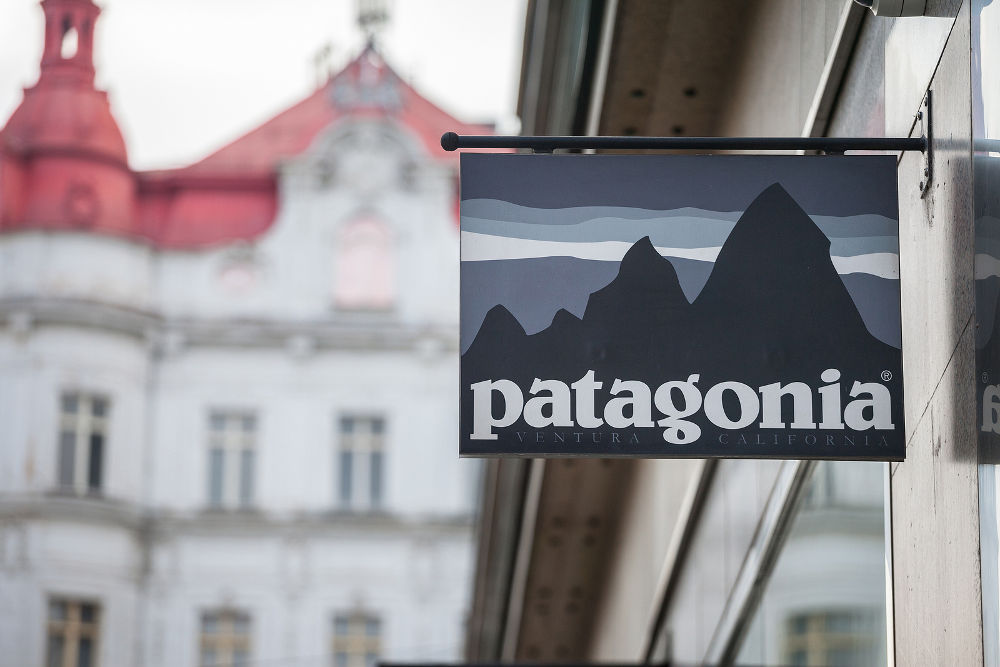
The outdoor apparel and gear company, Patagonia, has gained much recognition for its unwavering dedication to environmental activism. Its high-quality outdoor gear is just the tip of the iceberg when it comes to its endeavours, with the brand actively campaigning for environmental conservation and social responsibility and donating a portion of its profits to grassroots environmental organisations.
Not only that, but it also champions initiatives to protect wild places and promote sustainable practices, as well as working hard to keep its own environmental footprint to a minimum. In short, it’s all about inspiring positive change, and Patagonia has set a precedent for responsible business practices in the luxury outdoor sphere.
Gucci
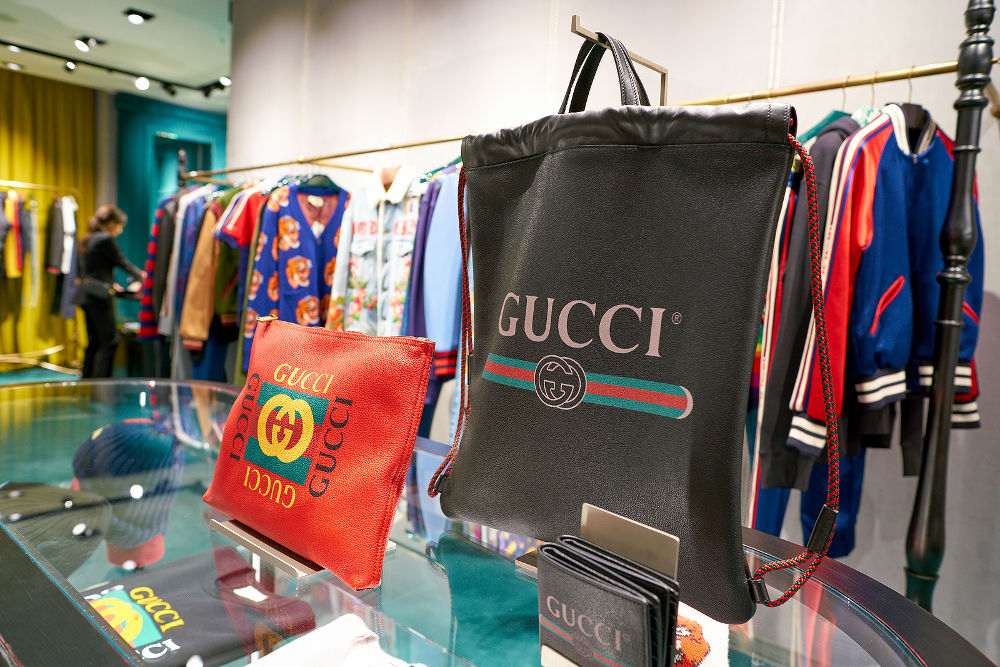
As we’ve touched upon, we’ve seen various esteemed luxury fashion brands follow in Stella McCartney’s footsteps to some degree or another, and iconic Italian fashion house Gucci is one of them. The brand has positioned itself at the forefront of the movement towards sustainable luxury fashion with its ambitious environmental initiatives, and under the leadership of creative director Alessandro Michele, has implemented a sustainability strategy that encompasses every aspect of its operations. It’s comprehensive, and spans everything from sourcing sustainable materials like organic cotton and recycled nylon, to reducing waste.
Gucci has also pledged to achieve carbon neutrality across its supply chain by 2025 – which is no small feat, but certainly demonstrates its commitment to the cause, and it’s this ethical and environmental stance that has seen it remain in favour with affluent Gen Z-ers, who are typically the most environmentally conscious and ethically aware.












